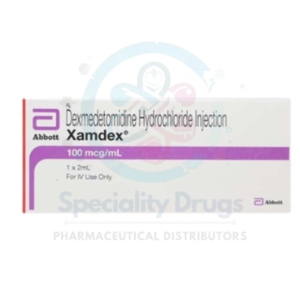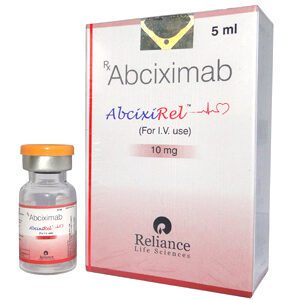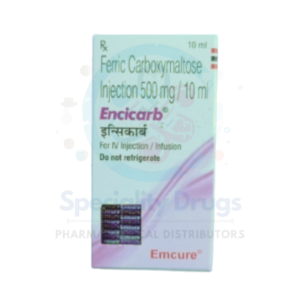What is DOCEFLO?
DOCEFLO is an anticancer medicine that contains Docetaxel as its active ingredient. It belongs to the class of taxane derivatives and is used in chemotherapy for treating different types of cancers. DOCEFLO works by inhibiting the growth and spread of cancer cells, ultimately slowing disease progression. It is available in injection form and administered under strict medical supervision.
What is the use of DOCEFLO?
DOCEFLO is used in the treatment of several cancers, including:
-
Breast cancer
-
Non-small cell lung cancer (NSCLC)
-
Prostate cancer
-
Stomach (gastric) cancer
-
Head and neck cancers
Benefits of DOCEFLO:
-
Effective in treating a wide range of solid tumors.
-
Can be used alone or in combination with other chemotherapy agents.
-
Helps reduce tumor size and control cancer spread.
-
Improves survival rates and quality of life in many patients.
-
Often prescribed when other treatments have not shown adequate results.
Side Effects of DOCEFLO:
Like other chemotherapy medicines, DOCEFLO may cause some side effects. The intensity may vary depending on the patient and dosage.
-
Common side effects:
-
Nausea, vomiting, loss of appetite
-
Diarrhea or constipation
-
Fatigue, weakness
-
Hair loss (alopecia)
-
Nail changes (discoloration or brittleness)
-
Low white blood cells (increased infection risk)
-
-
Serious side effects:
-
Severe allergic reactions (rash, swelling, breathing difficulties)
-
Liver toxicity
-
Fluid retention (swelling of ankles, legs, or abdomen)
-
Peripheral neuropathy (numbness or tingling in hands/feet)
-
Low platelet count (risk of bleeding)
-
Q1. What is DOCEFLO used for?
DOCEFLO (Docetaxel) is used in the treatment of several cancers including breast, lung, prostate, stomach, and head & neck cancers.
Q2. How does DOCEFLO work?
It belongs to the taxane class of chemotherapy drugs. It works by preventing cancer cells from dividing and spreading, eventually causing their death.
Q3. How is DOCEFLO given?
DOCEFLO is given as an intravenous (IV) infusion in a hospital or clinic by a trained healthcare professional.
Q4. How often will I receive DOCEFLO?
The dosing schedule depends on the type of cancer and patient condition but is usually every 3 weeks.
Q5. Do I need any medicines before taking DOCEFLO?
Yes. Doctors often prescribe corticosteroids before DOCEFLO to reduce side effects like allergic reactions and fluid retention.
Q6. What are the common side effects of DOCEFLO?
Fatigue, nausea, vomiting, diarrhea, hair loss, nail changes, swelling, and low white blood cell count are common.
Q7. What serious side effects should I watch for?
Watch for signs like severe allergic reaction, fever, persistent cough, swelling of legs/abdomen, liver problems, or unusual bleeding.
Q8. Does DOCEFLO cause hair loss?
Yes, hair loss (alopecia) is very common, but hair usually grows back after treatment ends.
Q9. Can DOCEFLO cause fertility problems?
Yes. It may affect fertility in both men and women. Discuss options for fertility preservation with your doctor before starting treatment.
Q10. Is DOCEFLO safe during pregnancy or breastfeeding?
No. DOCEFLO can harm an unborn baby and is not recommended during pregnancy or breastfeeding. Effective contraception is necessary.
Q11. Does DOCEFLO affect immunity?
Yes. It lowers white blood cell count, increasing the risk of infections. Report fever, chills, or sore throat immediately.
Q12. Can I drink alcohol while on DOCEFLO?
It is best to avoid alcohol, as both DOCEFLO and alcohol may stress the liver.
Q13. How long will I need treatment with DOCEFLO?
The duration varies depending on the type of cancer, treatment response, and overall health. Your oncologist will decide the treatment plan.
Q14. How should DOCEFLO be stored?
In hospitals, it is stored at controlled room temperature, protected from light and moisture. It is not stored at home.
Q15. Can DOCEFLO be combined with other chemotherapy drugs?
Yes, DOCEFLO is often used in combination regimens with other chemotherapy agents to improve effectiveness.






Reviews
There are no reviews yet.